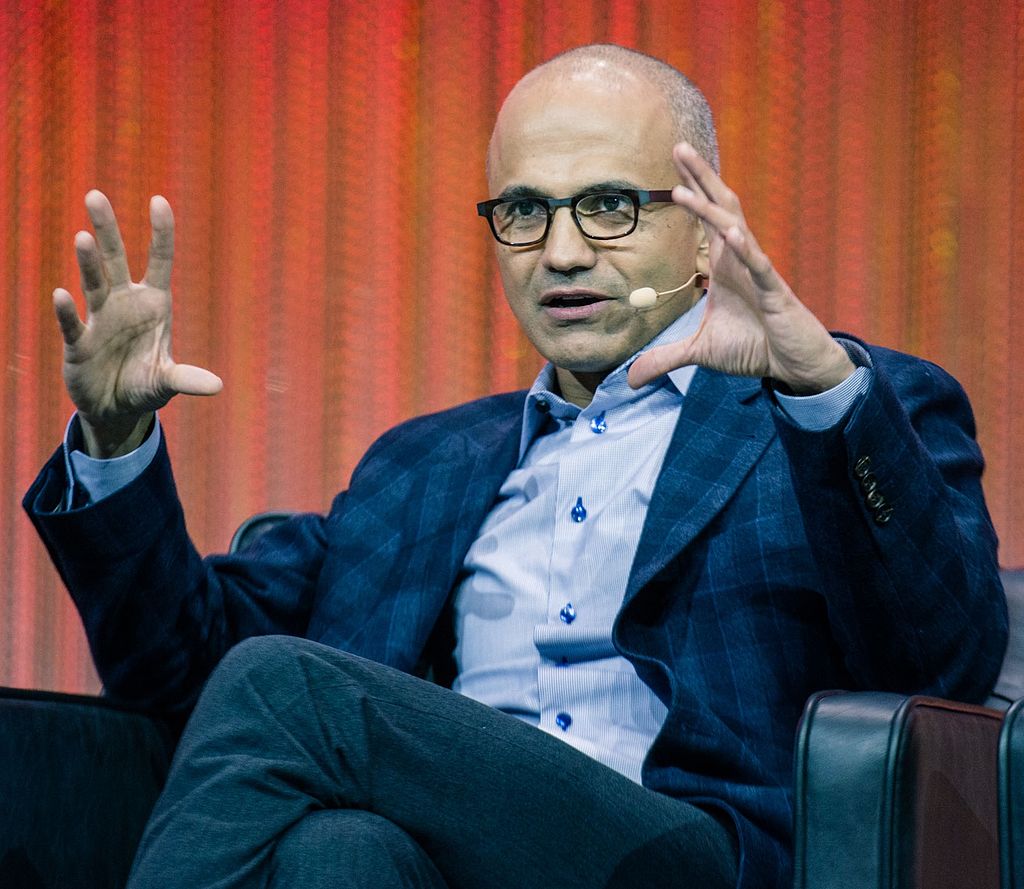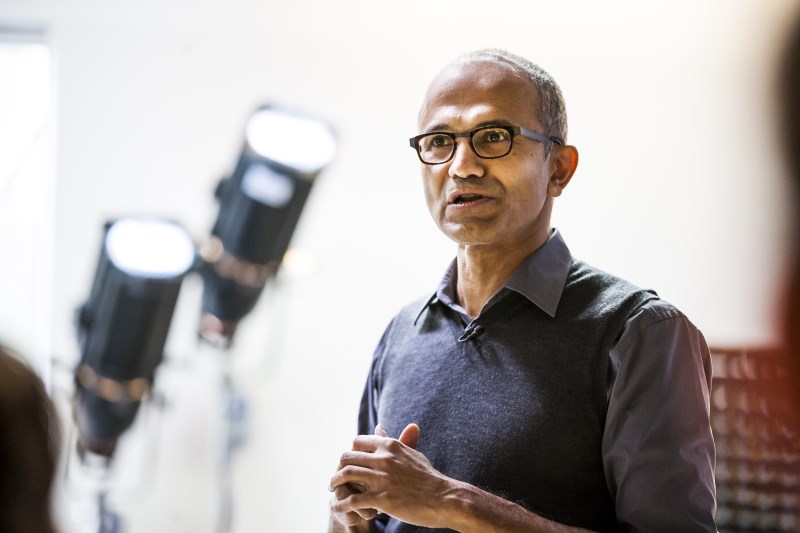BT comes bottom of contact centre survey
A major UK study of customer satisfaction rates telco and TV operators as the worst performers and discovers a backlash against offshoring and automated technologies.


A new survey of consumer attitudes to contact centre service and technologies has found the telecoms and TV provider sectors perform worst, with three companies -BT, Sky and Virgin Media - included in the bottom five.
The survey of 1,000 UK adults undertaken by independent
ICM Research also found contact centres located offshore are a concern, as well as companies' growing reliance on new voice-recognition and touchtone, call-waiting and routing technologies.
The survey asked respondents about the level of service received from a range of companies operating in different sectors, including finance or banking, cinemas and mobile phone or utility companies.
BT received the highest amount of nominations for any company across all sectors, with common complaints about the service including language difficulties with offshore operators, long waiting times and being transferred from one department to another with problems remaining unresolved.
Power companies and banking institutions also generally performed poorly, where British Gas was found to be the worst of the utility companies, coming third in the top five worst overall performers. Of the banking sector, Lloyds TSB received more nominations than any other bank and was placed fifth in the top five worst overall performing contact centres.
The survey also found dissatisfaction surrounding offshore contact centres, particularly in terms of language difficulties encountered. But in technology terms, the biggest concern was caused by long holding times and new voice-recognition and touchtone, call-waiting and routing technologies, ironically introduced to manage customer service better.
Get the ITPro daily newsletter
Sign up today and you will receive a free copy of our Future Focus 2025 report - the leading guidance on AI, cybersecurity and other IT challenges as per 700+ senior executives
CC, the survey sponsor and specialist convergence consultancy said the survey suggests this type of inconsistency seems to be one that affects a great deal of companies offering call centre services, affecting both onshore and offshore companies.
Respondents reported that at least 55 per cent of calls resulted in significant waiting times before they were able to speak to an operator across all sectors. And 38 per cent of callers to banks and financial institutions said the wait was "highly unsatisfactory", where 78 per cent of callers to companies in this sector were asked to select options by choosing numbers on their phones from a menu.
Call routing caused more dissatisfaction than any other method, with 41 per cent of callers expressing dissatisfaction with this approach because it often failed to offer the caller their desired option. But voice recognition also caused frustration, as it apparently was unable to recognise regional accents, and again, did not always deliver the options required by the caller.
BT said it had experienced some problems related to new IT-based contact centre systems when given the right to defend its position as worst performer of the survey.
A BT spokesperson told IT PRO: "BT has experienced some problems recently caused by the implementation of a new IT system to meet obligations under our Strategic Review. Unfortunately, in some cases there has been an impact on our customers. BT is working to clear the problems as soon as possible and it should be behind us by the end of the year."
BT receives some 640,000 calls and emails a day. And he added that 70 per cent of consumer calls are answered in less than 15 seconds.
A 25-year veteran enterprise technology expert, Miya Knights applies her deep understanding of technology gained through her journalism career to both her role as a consultant and as director at Retail Technology Magazine, which she helped shape over the past 17 years. Miya was educated at Oxford University, earning a master’s degree in English.
Her role as a journalist has seen her write for many of the leading technology publishers in the UK such as ITPro, TechWeekEurope, CIO UK, Computer Weekly, and also a number of national newspapers including The Times, Independent, and Financial Times.
-
 Propel four common machine learning use cases into production
Propel four common machine learning use cases into productionWhitepaper How organizations are accelerating the training and deployment of machine learning models at scale
By ITPro
-
 EasyJet's voice search feature takes flight
EasyJet's voice search feature takes flightNews Customers can now speak into their smartphone when searching for trip options
By Rene Millman
-
 17 hidden secrets of the Amazon Echo
17 hidden secrets of the Amazon EchoIn-depth Amazon’s voice assistant can do a lot more than just play music and tell you the weather.
By ITPro
-
Researchers uncover new exploits in voice-powered assistants like Amazon Alexa or Google Assistant
News 'Voice squatting' and 'voice masquerading' are new methods attackers can use to steal users' information
By Keumars Afifi-Sabet
-
How to put Alexa on Raspberry Pi
Tutorials Here's how you can build a home-brew Amazon Echo
By Mark Mayne
-
 Satya Nadella: Microsoft will build ethical AI
Satya Nadella: Microsoft will build ethical AINews Microsoft chief says ethics must be taken seriously as AI begins to change society
By Keumars Afifi-Sabet
-
 Microsoft buys conversational AI startup Semantic Machines
Microsoft buys conversational AI startup Semantic MachinesNews Machine learning firm to make Cortana and Azure Bot Services better at chatting
By Bobby Hellard
-
 Microsoft wants to make Azure your AI destination
Microsoft wants to make Azure your AI destinationNews Developers get more tools to build AI in the cloud and at the edge, plus Microsoft 365 customisation
By Rene Millman

